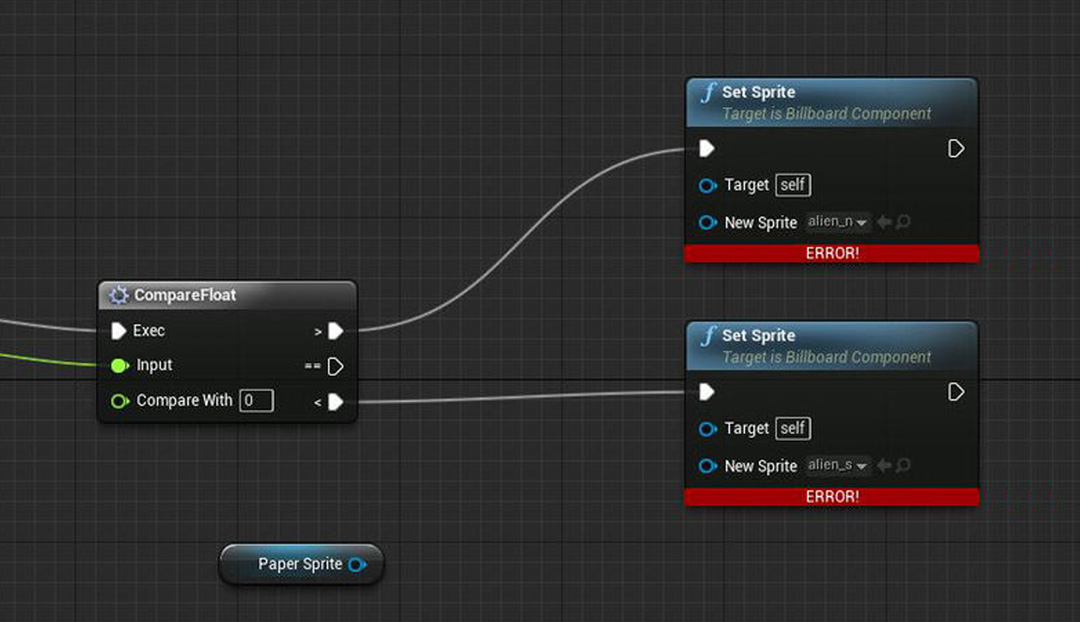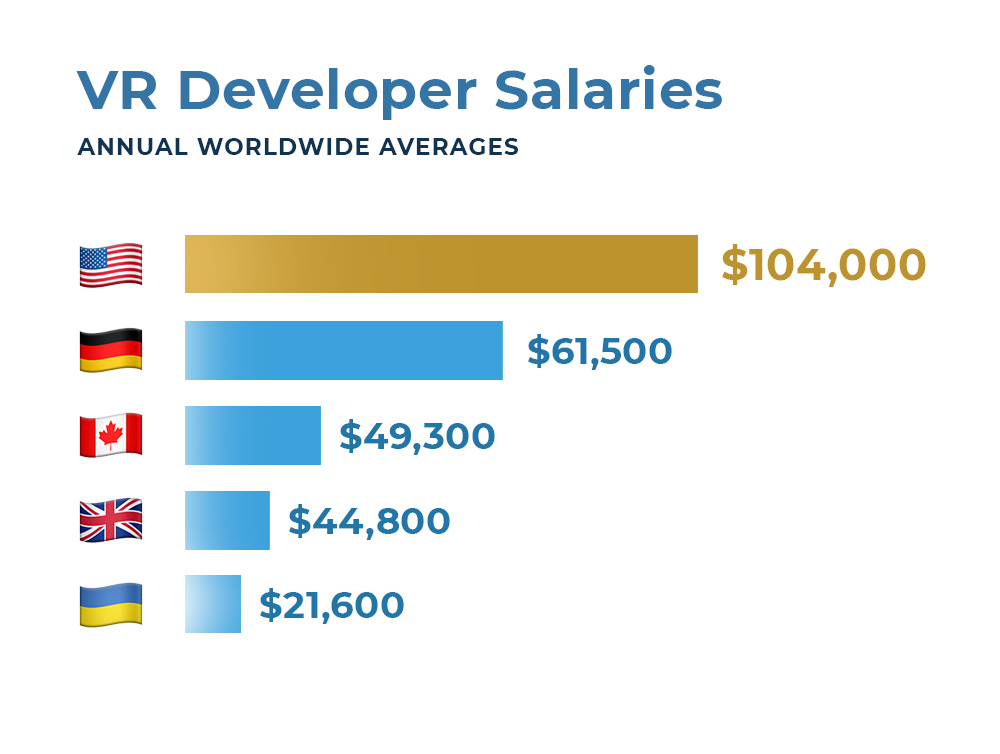VR or virtual reality is a field on the up. For starters, there are 171 million active VR users, according to Statista reports. And this market is said to surge. In 2016, the global virtual reality market stood at $2.02 billion. However, from 2017 to 2022, the revenue in this market is forecast to reach $26.89 billion. Remember: VR development is not only for games; other areas, such as education and healthcare, are going to see rapid increases as well. So how can you become a VR developer?
No simple set of requirements
Because it’s a relatively new area of expertise, there’s no clearly mapped out route to become a VR developer. A good place to start, claim many experts, is with traditional game development, where you look at things like systems design, physics, animation, 3D art, etc. It’s fairly common to move from standard game development to VR.
Choose your game engine
There are two popular game engines for VR: Unity 3D and Unreal Engine. “The first engine uses C#, the second one C++,” says Maciej Szczesnik, a freelance developer, Lecturer of Game Design at Warsaw Film School and Packt author on Techworld.
According to The Ghost Howls, a blog about VR and AR (augmented reality), a game engine is a “big software framework that offers you lots of functionalities (rendering pipeline, model importing, physics engine, multiplayer, etc.) out of the box, so you can develop a game in an easy way”.
Both engines include support, video tutorials, documentation and an active forum for troubleshooting, though Unity, many people say, tends to be easier to learn. In fact, the Unity game engine is the most popular game engine today. 34% of top free mobile games are made with this engine, as well as 90% of all Samsung Gear and 53% of all Oculus Rift VR games and apps.
Learn a visual scripting language
Although you’ll eventually have to learn a scripting language, like C# or C++, the good news is that you can start with a visual scripting language, which allows you to build a prototype – i.e. an early model of your game or app. Both game engines have visual scripting languages: Blueprints for Unreal Engine and Playmaker for Unity. Here’s an example of Blueprints’ visual scripting system – you can see how everything is done visually. It’s a way for non-programmers to dive straight in.

Image source: https://forums.unrealengine.com/filedata/fetch?id=1149664&d=1431301479
Learn the scripting languages
As mentioned, you will ultimately have to learn C# or C++ for the various game engines. C# (pronounced ‘sea sharp’), one of the most popular programming languages in the world, was developed in 2000 by Microsoft. It’s an object-oriented programming language, which means it’s organised around objects rather than actions, and data instead of logic. C++ (pronounced see-plus-plus) was created back in 1985 – it literally means ‘increased C’ (technically, it’s the C language but with classes added).
Create a simple game
Users on Quora frequently mention playing and creating VR games as a strategy for learning how virtual reality works. One user recommends creating a VR pacman game. You’ll need to Google the things you want to add – e.g. gravity, and then showcase your demo to the local VR community. Crowd learning is certainly the way to go. You’ll also want to learn about VR hardware, such as Google Cardboard, a simple way to make a virtual reality headset, or Oculus Rift, a state-of-the-art headset.
Once you’re up to speed with VR, you might be keen to get a job. What can you expect to get paid? The average annual VR developer salary in the US is $104 000. Here are the average salaries for other tech hubs around the world.
 Image Source: https://mobilunity.com/blog/how-much-does-vr-development-cost/
Image Source: https://mobilunity.com/blog/how-much-does-vr-development-cost/
In conclusion, according to an article in Medium, it took 27 years for PCs to grow from 2% to 70% of US adoption, the Internet took 13 years and smartphones averaged at 8 years. Many analysts predict VR will achieve this in the next 4-5 years. It’s clearly time to climb on the bandwagon. If you’re interested in learning the scripting languages for VR, consider signing up for a HyperionDev part-time, 3-month C# short course or a short course in C++.


